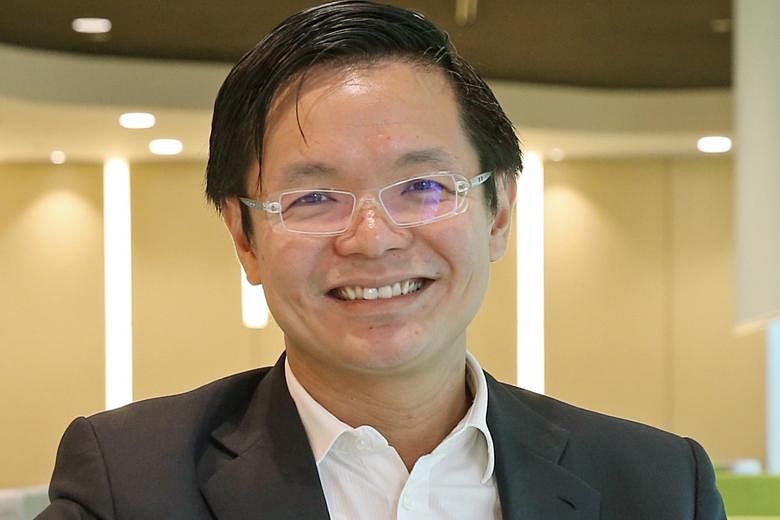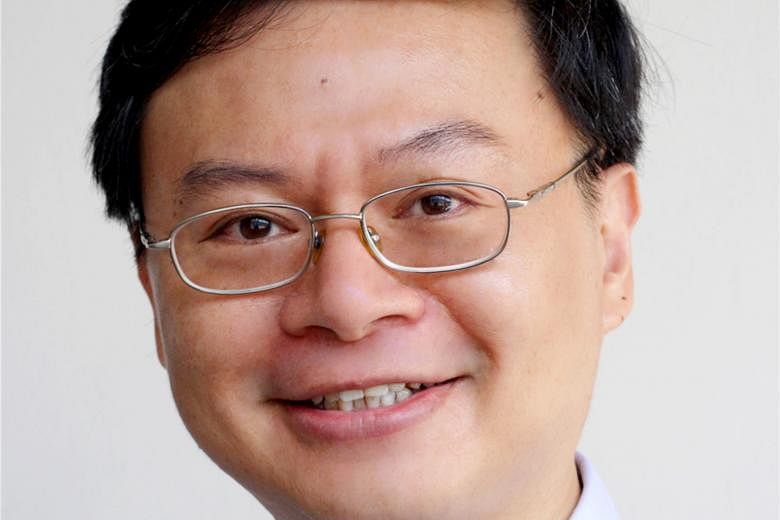With only about 5 per cent of those eligible signing up in the first year, the response to the SkillsFuture Credit scheme may seem lukewarm, but observers say that the numbers show promise.
The government programme, rolled out last January for about 2.5 million people, is meant to spur individuals to pick up skills and gives every Singaporean aged 25 and older $500 credit to pay for courses. More than 126,000 Singaporeans used it in its first year.
National University of Singapore economics lecturer Kelvin Seah said: "Far from being a poor response, I actually think the take-up rate is encouraging.
"It shows that Singaporeans are not rushing to use the credits in an imprudent manner, but are looking to use them only when the need for skills acquisition arises.
"Most are likely still waiting out. They know that they can choose from an expanded list of courses."
Courses eligible for the scheme rose from over 10,000 at its launch to over 18,000 today. They range from computer programming and big data analytics to baking bread and offering advice on wine.
Attending such courses also takes up precious time, Dr Seah said.
"They'll have to spend time away from work, which might mean forgoing income from work if they are self-employed or applying for leave if they are employed workers."
Dr Timothy Chan, director of SIM Global Education's academic division, has another take on the numbers - that they may not tell the whole story. He said there are professionals in fast-changing industries, such as infocomm technology, who may not attend courses, but "crowd-source new skills on demand" - via social networks like YouTube, self-teaching, peer learning or reading books.
"These people may not be included in the reported numbers, but they are acquiring new skills to stay relevant," he explained.
SkillsFuture Singapore (SSG) chief executive Ng Cher Pong said this month that "there is really no rush to use it", explaining that the scheme was designed such that the credits do not expire and will be topped up at regular intervals.
He urged Singaporeans to think carefully and not spend them on any course that comes to mind.
In an update last month, SSG said about 63 per cent of those who tapped on the credits last year were aged 40 and older.
Information and communications technology was the most popular training area across all age groups.
Other popular areas included languages, security and investigation, and productivity and innovation.
Besides the SkillsFuture Credit, there is a plethora of initiatives under the SkillsFuture umbrella.
These include the Earn and Learn programme to encourage fresh polytechnic and Institute of Technical Education graduates to work and gain qualifications at the same time, and the SkillsFuture Study Awards for early- and mid-career workers.
Mr Ng said a priority is to continue finding ways to drive a mindset change among Singaporeans.
Education experts believe this lifelong learning attitude can be further encouraged.
To achieve this, employers' buy- in is important, said Dr Chan. He noted that they can tweak employment practices, such as setting aside time for staff to study, providing awards and recognition, and creating job opportunities for them to apply their newly acquired skills.
"They should acknowledge that the investment of time and resources in staff will ultimately benefit the organisation and the industry through a more skilful workforce."
Dr Seah noted Singaporeans are "quite receptive" to upgrading: "There is a recognition among us that we have to constantly evolve our skills because Singapore is such a small and open economy and economic conditions here sway with what happens globally."
Calvin Yang



